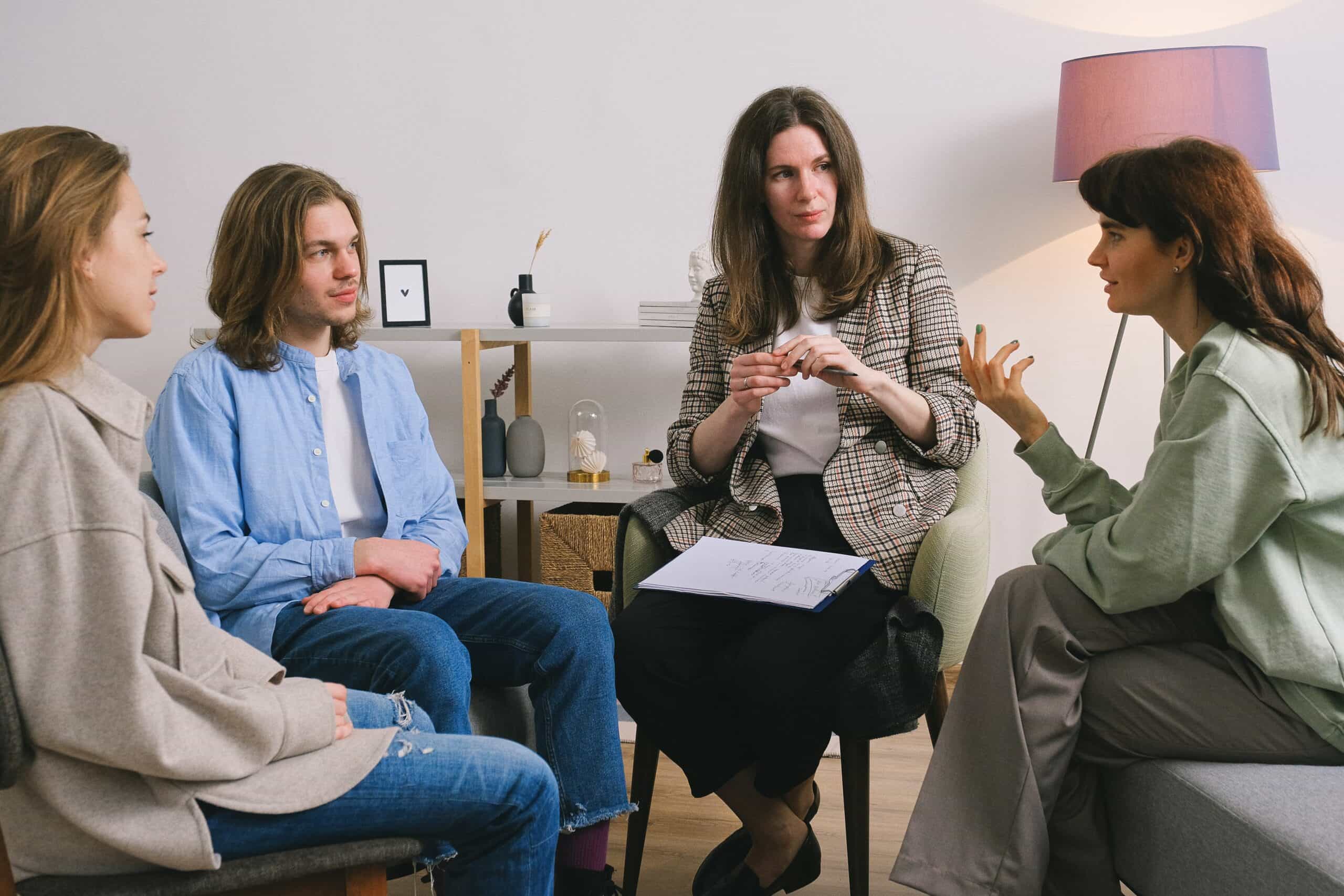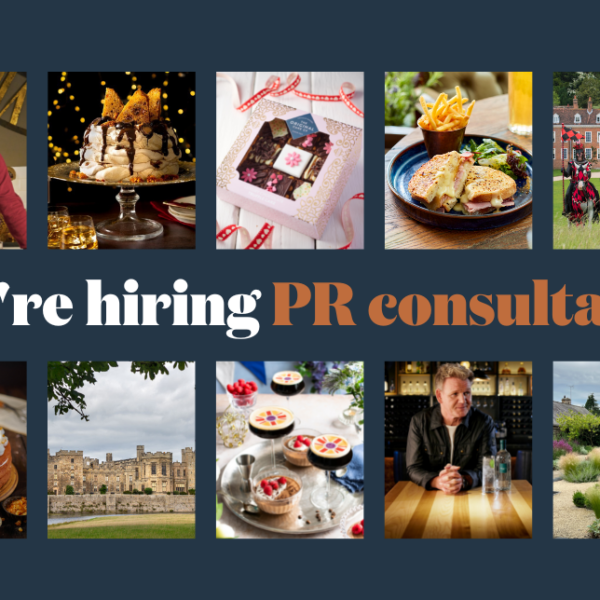
Listening skills are undervalued. There. I’ve said it.
As practitioners, communicators at heart and advisory consultants – PR professionals are, in the main, proactive people – creative, practical and helpful. It’s a helpful and supportive profession and attracts people for whom those values are important. The rewards of doing a good job and achieving a great result for our clients is and has always been the top-drawer reason why PR people enjoy and, more importantly, want to stay in the profession.
PR is our bread and butter, and we know everything about it – we know how to get results and we know how to add value to our clients’ businesses.
At Silver Pear, we work predominantly across design and creative industries, food and drink and visitor attractions. We are not the experts in those businesses – our clients are. We are experts in PR and we know how to bring our clients’ positive, worthwhile, and business-critical results, which raise awareness and engagement for their businesses. Our job is to allow our clients to punch above their weight.
So how do we achieve this?
We first need to understand the business-critical challenges our clients face. After all, you wouldn’t have much confidence in someone who doesn’t diagnose before she/he prescribes, would you? But how many times do we diagnose before we prescribe?
The most valuable skill set of any PR consultant is the ability to listen. To ask pertinent questions and then leave space for the answer. Listening skills are vital to a long, successful career in PR, a lesson taught to me by my first professional mentor in the ITV press office when I was a mere 19 years old – she was an ex-journalist as it happens, which is no coincidence.
The time when a journalist gathers their best stories is in the pregnant pauses deliberately left for the interviewee to fill. It’s a tactic often used by the seasoned hack and there’s a lot to learn from it. In a time where there is so much noise – silence can be uncomfortable to many – but resisting the temptation to fill every void, rush in with advice, and speak on behalf of people is a skill worth learning. Pregnant pauses are the best. Make space for them. You may be surprised by the results.
Proactive listening makes people feel seen
Many times, I’ve been asked a question and had it answered for me before I’ve even opened my mouth. There genuinely is nothing more frustrating than not being heard. Listening is the real skill. Really proactively listening to what people tell us, and then responding to that consciously. And that means not answering with a preconceived autobiographical response you had already planned even before they started speaking.
Pause first and respond consciously. Think about what you are going to say before you say it. Not only does it build trust very quickly, but it’s one of the most generous acts any of us can do for another person – show them we are interested and that we are listening intently to what they are telling us. Wait patiently for the answer and often critical information will come to light, which helps us to prescribe exactly the right solutions for our clients.
Effective communication is the number one attribute of the most successful people in business, but that implies ‘transmit mode’ is the most important skill in communication. Rarely do people look for listening skills in the consultants and advisors they employ. And in my view, arguably the skill of active listening is what sets people apart.
The four different levels of listening
Bestselling author, educator and businessman Stephen R Covey wrote extensively on the subject and he says there are four different levels of listening skills – from ignoring (what a great person to know), pretending to listen (my favourite), to selective listening (you know, when the person only hears parts of the conversation), and finally to attentive listing – which means really focussing on what the person is saying and responding accordingly. But Covey says there is a fifth layer – empathetic listening. This he explains is listening with the real intention to understand.
After all, how many business deals go sour when the prospect picks up from your lack of listening skills, that the motive for the conversation is perhaps self-serving or you are just plain ‘way off the mark’ – that you just don’t ‘get them’.
As Covey says, the ‘understanding’ part is the currency – the bit that banks you the trust and the knowledge to accurately offer advice and suggest activity which is going to really help your clients’ businesses to strengthen and grow.
So at Silver Pear we say listen, it’s worth the investment.






















